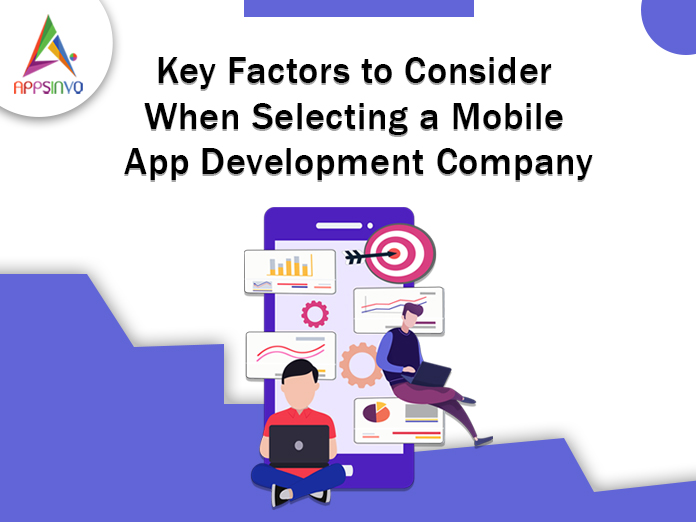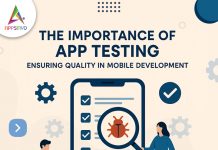Selecting the right mobile app development company is important for the success of your project. With so many possibilities accessible, it’s critical to evaluate potential partners using a variety of criteria. Here are the main variables to consider.
1. Expertise and Experience
- Technical Skills: Look for organizations that have a solid technical foundation in the relevant programming languages and frameworks (such as Swift, Kotlin, and React Native).
- Business Experience: Determine whether they have experience in your sector. Familiarity with specific business requirements can result in superior solutions.
- Portfolio: Examine their previous work to determine the design quality, functionality, and user experience.
2. Reputation and Reviews.
- Client Testimonials: Read reviews from prior clients to determine their level of satisfaction and the company’s reliability.
- Case Studies: Look at case studies that demonstrate the company’s problem-solving ability and project results.
- Third-Party Ratings: Use platforms such as Clutch, GoodFirms, or Upwork to examine ratings and reviews.
3. Development Process
- Agile Methodology: Ensure that the organization uses agile principles, which allow for flexibility and iterative development.
- Quality Assurance: Enquire about their testing procedures to ensure that the app launches with fewer errors and issues.
- Project Management Tools: Knowledge of software such as Jira or Trello can indicate a systematic approach to project management.
4. Communication & Collaboration
- Responsiveness: How swiftly they answer your questions throughout the initial contact phase.
- Communication channels: Check to see if they employ effective methods for regular communication (such as Slack or Zoom) throughout the project.
- Cultural Fit: Determine whether their working culture is identical to yours, which can lead to more effective collaboration.
5. Post-launch support
- Maintenance Services: Confirm whether they give continuous support and maintenance once the app is published.
- Updates and upgrades: Ensure that they provide updates for newer OS versions and feature additions as needed.
- Bug Fixes: Clarify their policy for dealing with bugs and issues after launch.
6. Costs and Budget
- Transparent price: Look for price structures that are straightforward and thorough. Avoid companies that are ambiguous about costs.
- Value for Money: Consider both the price and the value provided. A higher price may be justified by improved quality and assistance.
- Payment terms: Understand the payment system (fixed fee, hourly rate) and terms (milestones, upfront payments).
7. Technical Support and Scalability.
- Scalability: Ensure that the organization has prior expertise in developing scalable applications that can expand your business.
- Tech Support: Determine their level of technical help throughout and after the development process.
- Future-Proofing: Enquire about their strategy for adopting upcoming technology and trends.
8. Design capabilities.
- UI/UX Design: Determine whether they have in-house designers or work with specialists to provide high-quality user interfaces and experiences.
- Design Process: Understand the design process, which includes development and usability testing.
- Customisation: Check their ability to produce a distinctive design that is matched to your brand and user needs.
9. Location and Time Zone.
- Proximity: Consider the company’s geographical location. Regional businesses may provide better partnership options.
- Time Zone Compatibility: Make sure their working hours coincide with yours so that you can communicate in real time.
10. Legal and Compliance Issues
- Intellectual property rights: Make sure the contract explicitly states that you will control the app and all related intellectual property.
- Data Security and Compliance: Check to see if the company complies with local data protection legislation.
- Nondisclosure agreements (NDAs): Consider signing an NDA to protect project specifics and confidential information.
Conclusion
Choosing the best mobile app development company requires careful evaluation of many kinds of aspects. By assessing experience, reputation, methods, and support capabilities, you can make an informed decision that is consistent with your project objectives. A rigorous selection procedure will considerably improve the success and sustainability of your mobile application.













This is a really thorough list for picking an app company! It’d be super helpful if you did another post with some actual examples of how to check these things out when you’re making your choice.